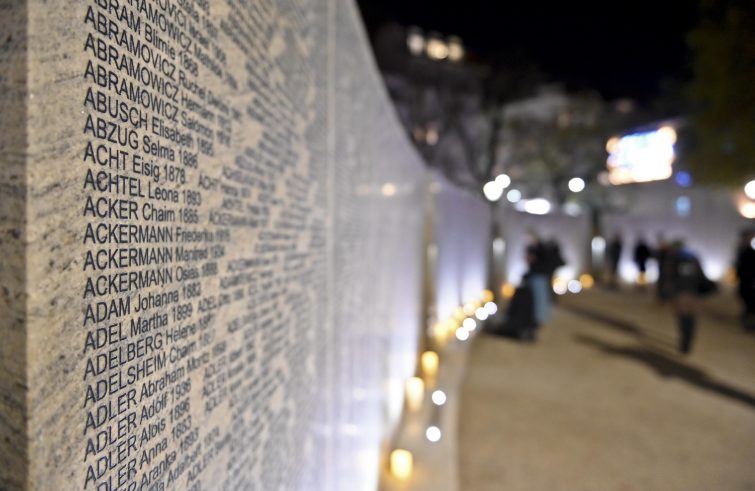
“The story of the child attacked in Livorno signals a latent hostility that resurfaces in the rage of the very young, those who have incorporated the teaching of contempt spread by contemporary society.” The tragic incident involving a 12-year-old boy who was insulted, kicked and spat at for being Jewish by two 15-year-old girls in a park in Campiglia Marittima (Livorno, Italy) hit headlines ahead of Holocaust Remembrance Day, January 27. “You must burn in the [crematory] ovens”, they told him and then attacked him. Milena Santerini, National Coordinator for Combating Anti-Semitism at the Presidency of the Council of Ministers, starts from this fact. “Anti-Semitism in Italy is on the rise. However, the concern is not so much about the numbers as is the fact that Anti-Semitism is increasingly widespread, visible and normalised. It mostly lurks in Holocaust distortion. A clear anti-Semitic archetype surrounds all the manifestations of contempt and derision, along with the trivialisation of the Holocaust that we have seen in the anti-Vax protests. Ever since the government instituted this office in 2020, comprehensive projects have been launched and implemented in order “promote and intensify activities for the prevention and eradication of anti-Semitism.” However – as evidenced by the incident in Campiglia Marittima – it is regrettably an uphill battle. “We are working hard to take action in these contexts,” the Coordinator assures, “showing that prejudices viewed as being normal and harmless, in fact produce such hatred”.

Professor, what motivates such hatred still today, among the very young, against the Jews and in particular the Holocaust?
There are many factors. Time is passing, the young generations are forgetting. We are also seeing signs that guilt and collective responsibility have been erased. There is a tendency to oversimplify situations and to find a scapegoat for our problems. Anti-Semitism is found not only among ordinary people. There are certain groups, including political groups, that fuel this hatred. As during Nazism, there was an economic crisis and widespread malaise, and it was necessary to identify a scapegoat in order to deflect people’s attention. Similarly today, to some extent people need someone to blame in order to lift responsibility.
This is very dangerous, for it affects the very building blocks of the rights that we have laboriously put in place after the Second World War at the expense of countless human lives.
Did the pandemic have an impact on this?
It certainly did. Because of isolation, fear and anxiety about the future. However, the increasingly pervasive use of the Internet, where anti-Semitic slurs invariably circulate, has also played a role. “They are few but it is a powerful lobby“; “they rule the world”.
Anti-Semitism is everything and its opposite, whereby “the Jews produced the virus and spread it”; or ” the virus exists but they are not infected”, or, further still, “the virus exists but they profit from vaccines”.
These are all contradictory arguments, but that is what anti-Semitism is: it is illogical.
How can it be countered?
Last week we published the National Strategy for Combating Anti-Semitism on the government website – noantisemitismo.governo.it. This document offers guidance to institutions, schools, the world of sport, politics and government. Some of these recommendations have already been implemented, such as the Guidelines for Combating Anti-Semitism in Schools and the Google campaign. For the first time, Italy has adopted a strategy to this end. It calls on everyone to play their part.
This battle can only be won together and by acting at different levels.
What is your message to young people?
As we approach Holocaust Remembrance Day, I wish to remind young people that they have been brought up in a free Europe. They think that anti-Semitism is not a problem, that it can’t happen anymore, they don’t consider themselves anti-Semites. Instead, when they foster prejudice, stereotyping, contempt and derision, they are in fact promoting the processes that ultimately led to the Shoah. It is “light” anti-Semitism, marked by clichés such as “they are in control of finance“, “they are always the ones in charge“, “you have to burn in the ovens“, or displaying a picture of Anne Frank on the opposing team’s T-shirt. These things seem harmless to children, but they are not harmless at all.
They are the reason why decent people distanced themselves emotionally from the plight of the Jews.
In short, historical memory must not become a trivial matter.
When values are at stake, such as equality, the right to life and the principle of non-discrimination, we need to act seriously.












